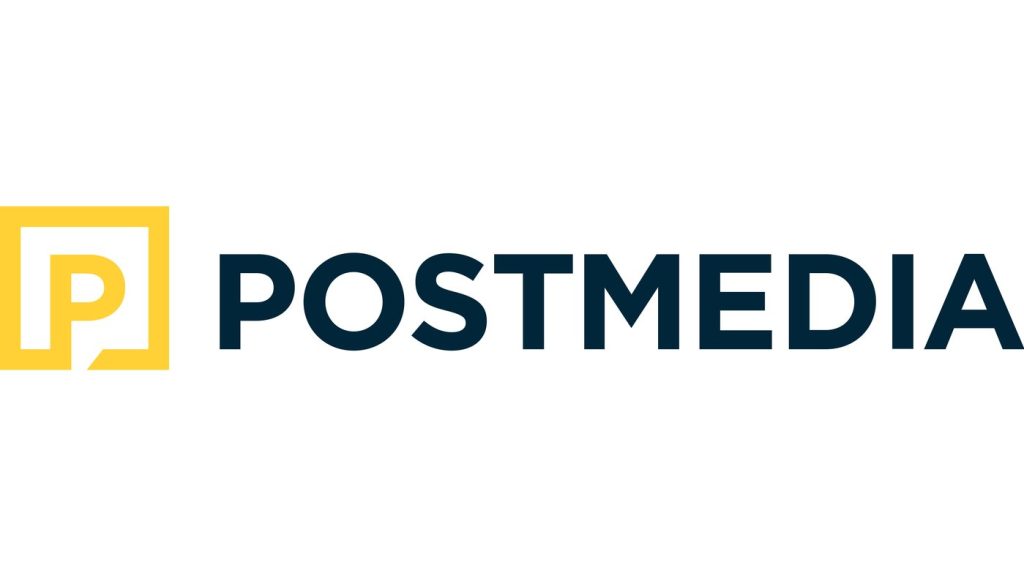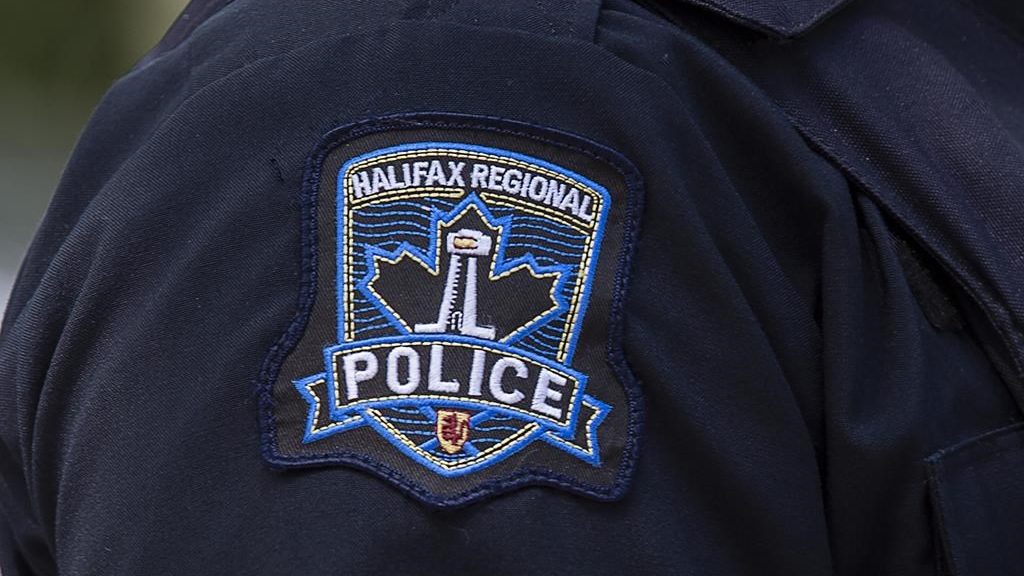The ‘incumbency advantage’ in municipal elections
Posted Jan 18, 2020 05:49:00 PM.
Are you thinking of campaigning for public office in the run-up to this year’s municipal election?
Challengers hoping to knock Halifax council members out of their seats at city hall in October’s election know voters will probably be considering the value of having new faces in the council chamber, versus the experience of veteran councillors representing their districts.
Defeating an incumbent in a local government race is far from an impossible task, although the margin of victory can sometimes be awfully close. But people now holding office do have name recognition, campaign know-how and other things going for them as they prepare for another election contest.
It’s unknown precisely how many politicians on Halifax regional council, made up of the mayor and 16 councillors, intend to seek re-election.
What is known is almost all current representatives have between a few years and more than two-and-a-half decades of service at the council table.
The exception is Paul Russell (Lower Sackville), who won a municipal byelection three months ago.
Political scientist Kristin Good said research shows “an incumbency advantage is well-established” in municipal elections in Canada.
“The incumbency advantage is a serious problem for municipal democracy that must be addressed. It affects the quality of municipal democracy in numerous ways,” she said Friday via email.
Good, an associate professor at Dalhousie University, said potential contenders “are aware of this advantage and are discouraged from running, limiting the pool of candidates and the quality of democratic discourse” during election campaigns.
“This is particularly problematic, given that municipal councils are not representative of the diversity of their populations,” she said.
There are four council members whose elected entry into municipal government date back to the 1990s: Steve Adams (Spryfield-Sambro Loop-Prospect Road), David Hendsbee (Preston-Chezzetcook-Eastern Shore), Russell Walker (Halifax-Bedford Basin West) and Steve Streatch (Waverley-Fall River-Musquodoboit Valley), who lost in 2012 but won again four years later.
Adams said last October he’s not running again.
(Several councillors have acknowledged they will, or would likely, reoffer this year. Others haven’t disclosed their plans.)
In the quest for the mayor’s chair, incumbent Mike Savage hasn’t declared yet what he intends to do. So far, one candidate has announced he’s gunning for the top political job at city hall – Coun. Matt Whitman (Hammonds Plains-St. Margarets).
Savage was first elected mayor in 2012; Whitman was initially elected to council the same year when he defeated the office holder of the day.
Although challengers may succeed in beating incumbents, the winning-record dominance of existing councillors in the Halifax region and other municipal jurisdictions continues election after election.
It was this way in the ‘90s, when Adams, Hendsbee, Walker and Streatch initially won council seats, and it’s likely to carry on in the 2020s.
Other long-serving members of Halifax council include Bill Karsten (Dartmouth South-Eastern Passage), who was first elected in 2004, Lorelei Nicoll (Cole Harbour-Westphal), who initially won her seat in 2008 and Tim Outhit (Bedford-Wentworth), who also was first elected in 2008.
Over the years, the idea of restricting a representative’s time in office has been given some consideration. Asked about term limits for councillors, Good said electors use the voting process to “hold their elected officials to account,” and she rejected placing council-service limits on politicians.
She said the media could help level the playing field, regarding the leg up on the competition office holders have over their challengers.
“The media has an important role to play in covering local issues and in ensuring that all candidates and their ideas become known,” said Good.
At least two sitting councillors believe a term limit of 12 years would be appropriate. Deputy Mayor Lisa Blackburn (Middle/Upper Sackville-Beaver Bank-Lucasville) and Coun. Shawn Cleary (Halifax West Armdale) were joined by three other candidates in 2016 at a news conference calling for such a limit.
Before the 2016 civic vote a few incumbents chose not to reoffer, including longtime Dartmouth politician Gloria McCluskey and Jennifer Watts, who had urged the community at large to support more diversity on council.
Halifax council today has one visible-minority member and two women.
McCluskey, a former mayor of Dartmouth and the retired councillor for Dartmouth Centre, told CBC News prior to the last election that only voters should decide when a council member’s time is up.
“You’re doing a good job, your term is extended,” she said in 2016. “You’re doing a poor job, it ends.”
Hendsbee said he doesn’t believe term limits are the way to go either, but acknowledges there are “some advantages” incumbents have.
He said these include “name recognition, plus a track record of . . . accomplishments for their area. Also, experience counts on dealing with bureaucracy and processes.”
In a recent email, Hendsbee told HalifaxToday.ca he plans to run for re-election.
The bottom line is incumbency frequently leads to success at the ballot box but first-time candidates and repeat challengers can be winners, too. History has shown any advantage an incumbent has is not necessarily too great to overcome.
For example, in the last election in HRM, two incumbents lost their seats. In New Brunswick’s civic elections in 2016, 18 mayors were relegated to history.
In Halifax, Savage easily won a two-person race in 2016. Voter turnout for that mayoral contest was 31.7 per cent.
Our next municipal election is set for Oct. 17.
Michael Lightstone is a freelance reporter living in Dartmouth








